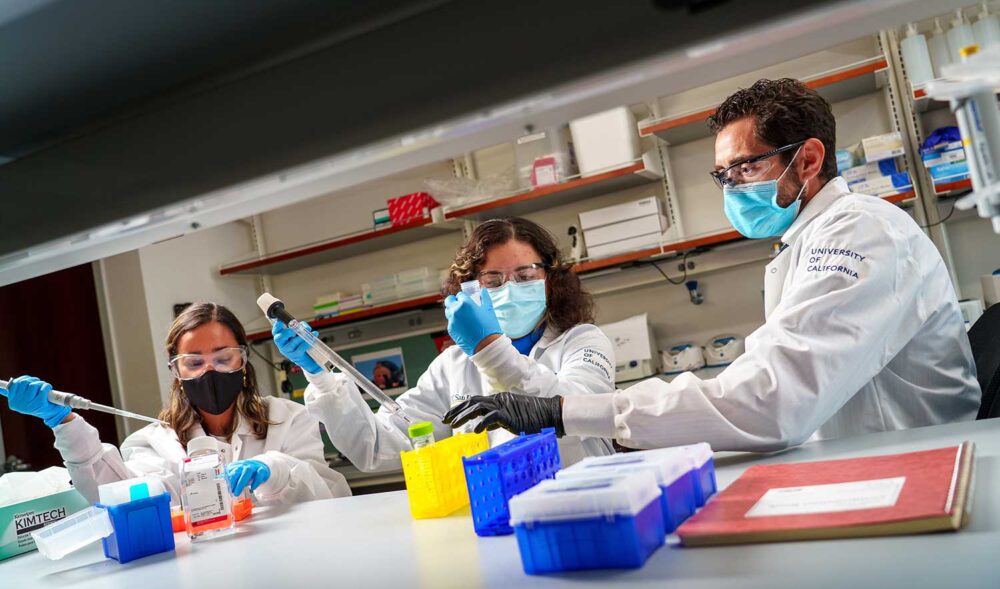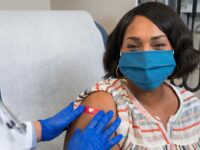Physicians must abide by the well-known ethics of the Hippocratic Oath: first, do no harm. One particular method of research, however, seems wholly counterintuitive to a doctor’s mission. Human challenge studies are a method of studying infectious diseases and their treatments by purposefully injecting a healthy participant with disease-causing microbes such as bacteria and viruses. At first read, this endeavor might seem immoral and outdated. However, challenge studies remain in use for their invaluable insights into the pathogenesis and vaccine development of infectious diseases including smallpox, typhoid, and malaria.
Today, challenge studies on vaccine efficacy closely observe a small cohort of participants, making them short, replicable, and cost effective. In contrast, phase II and III clinical trial tests involve testing a vaccine on a range of 100 to 100,000 participants, are often more expensive, and are less likely to lead to developments.
In addition to the benefits to society and efficient design, ethicists also argue for the morality of challenge studies using ethical theory. It is true that injecting a disease in human challenge studies entails some negative consequences for participants. Some might say this is grounds to deem human challenge studies morally impermissible. Yet, the morality of an act is determined not only by its consequences but also the intent behind it. A researcher conducting a human challenge study intends not to harm participants but to gain scientific knowledge for the sake of advancing disease treatment. Although the intentions don’t change the consequences of a challenge study, one can argue the virtuous intentions of the researcher make this research method morally permissible.
Although the intentions don’t change the consequences of a challenge study, one can argue the virtuous intentions of the researcher make this research method morally permissible.
When the world is threatened by a highly infectious, deadly virus, vaccine development becomes acutely important. In collaboration with the Imperial College London, hVIVO, a leading company in virology and human challenge study models, has been conducting a human challenge study using SARS-Cov-2 since June 2021. The goals of this trial are to continue developing vaccines and treatments for COVID-19 by inoculating participants with the Alpha variant and studying viral replication and the body’s initial immune response.
Because participants in human challenge studies can bear significant risks with little direct benefit to them, there are strict ethical guidelines that must be followed. First, the hVIVO challenge study must be justified by sufficient social and scientific warrant. There are currently seven vaccines approved by the World Health Organization that are effective at reducing disease and transmission of SARS-Cov-2 — the number of available, effective vaccines against COVID-19 somewhat diminishes the warrant for the development of another vaccine. Second, participants must provide informed consent. This involves understanding the risks associated with the study and making an autonomous choice about participation. The hVIVO study has a good process for ensuring informed consent and is only seeking participants over 18 years of age, who can give direct consent.
Research studies may also not target participants who are from socioeconomic and racial or ethinic groups disproportionately burdened by the disease, as this goes against the ethical principle of justice. Black and Hispanic people experience a higher burden of prevalence, hospitalizations, and mortality from COVID-19 due to inequities in healthcare access and outcomes. Targeting these populations for a challenge study would essentially subject them to risks that, given the context of the pandemic and existing health inequities, are unjust. The hVIVO study is not targeted at marginalized communities and assures the medical treatment of all participants. Therefore, it does not pose blatant issues of justice.
Central to ethical research is an analysis of the benefits and risks. The demographic of participants in this study are healthy, competent 18-to-30-year-old individuals. Young people are generally less susceptible to serious disease from COVID-19, so inoculation of this age group is less risky. But it remains that contracting COVID-19 is inherently risky for any person because therapeutics to treat severe cases of COVID-19 are limited. Additionally, because the study is limited to young, healthy adults, the findings may not be generalizable to much of the greater population. This raises the difficult question of whether the benefits outweigh the risks. In the context of the COVID-19 pandemic, the potential benefits of a human challenge study are very high. Nonetheless, a look at how the hVIVO study stacks against ethical criteria reveals even the most beneficial research has strengths and weaknesses.
JAMA (2021). DOI: 10.1001/jamainternmed.2021.2614
Public Health Ethics (2016). DOI: 10.1093/phe/phv026
Journal of Medical Ethics (2003). DOI: 10.1136/jme.2003.004440






